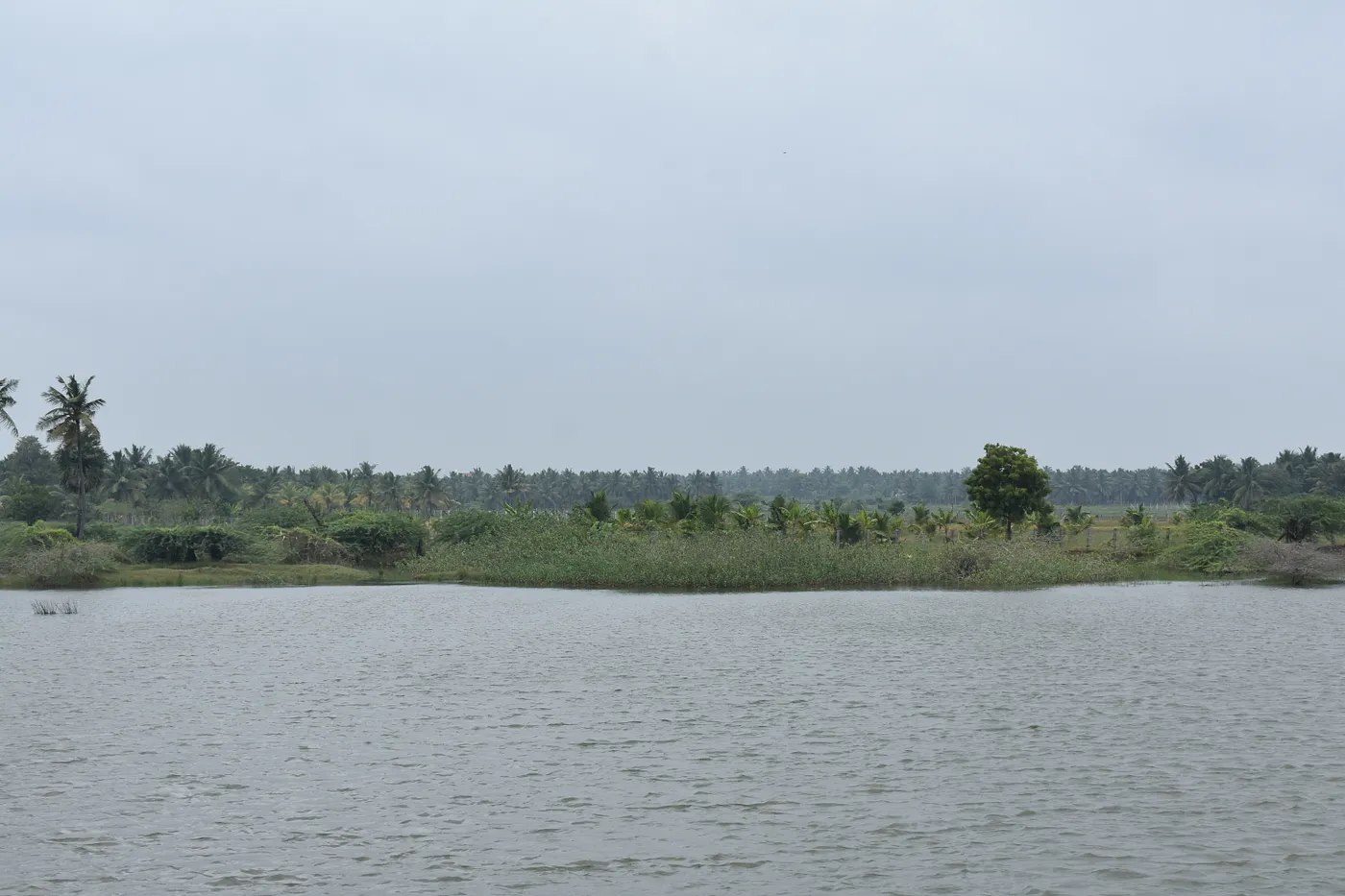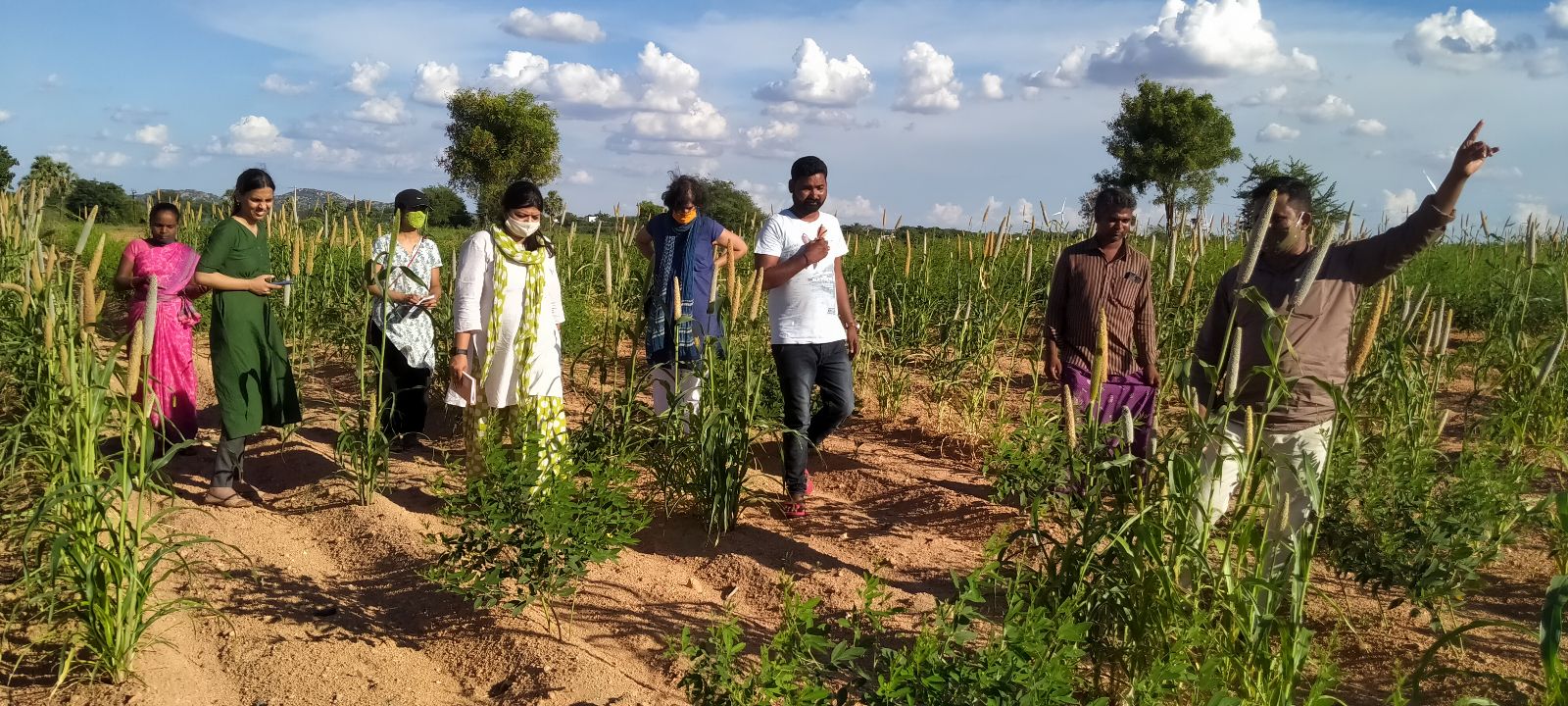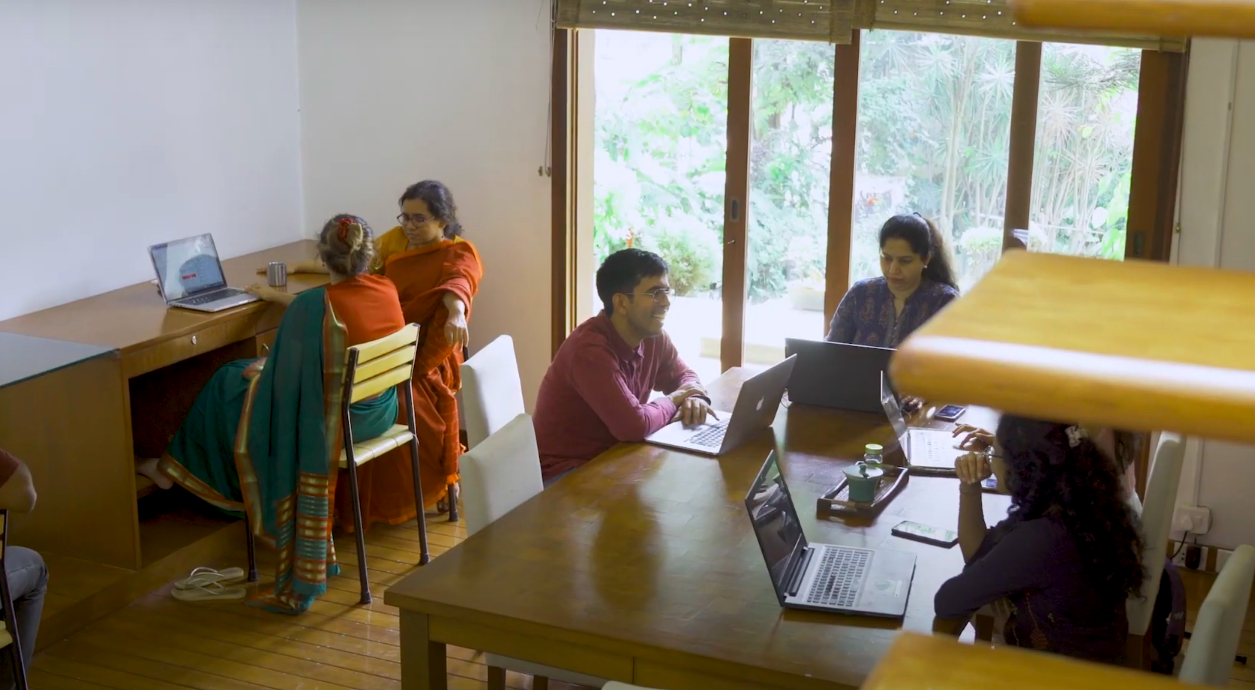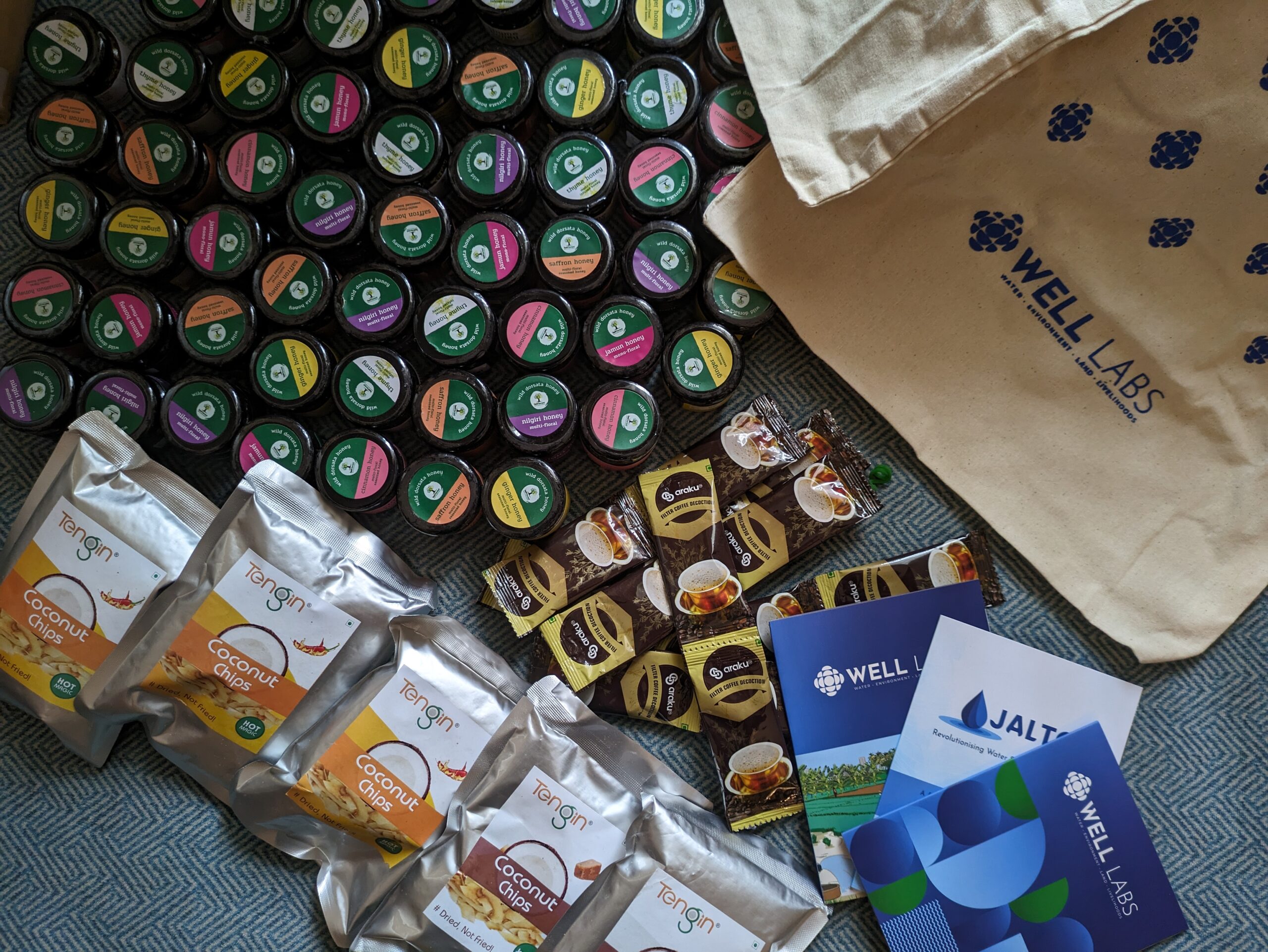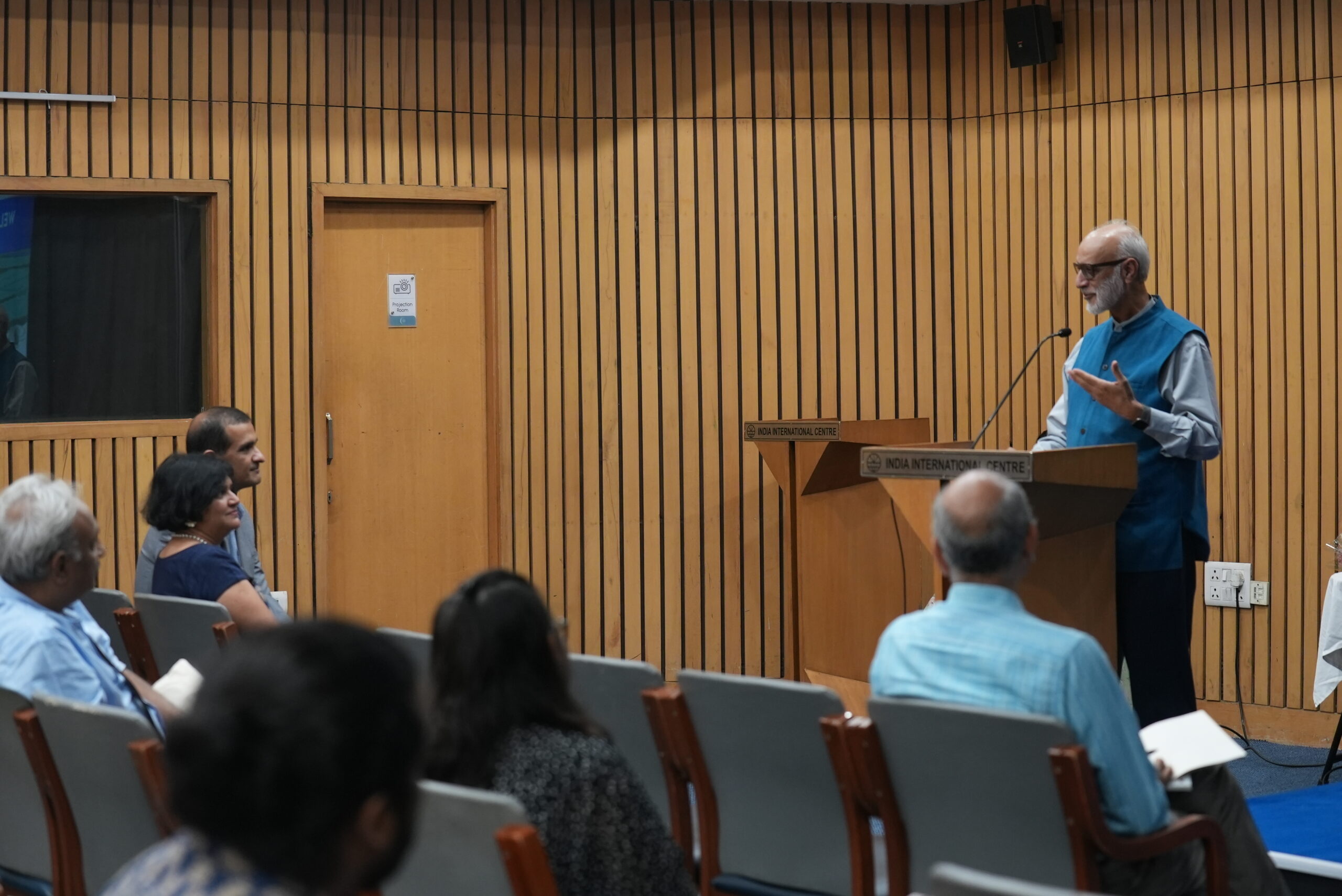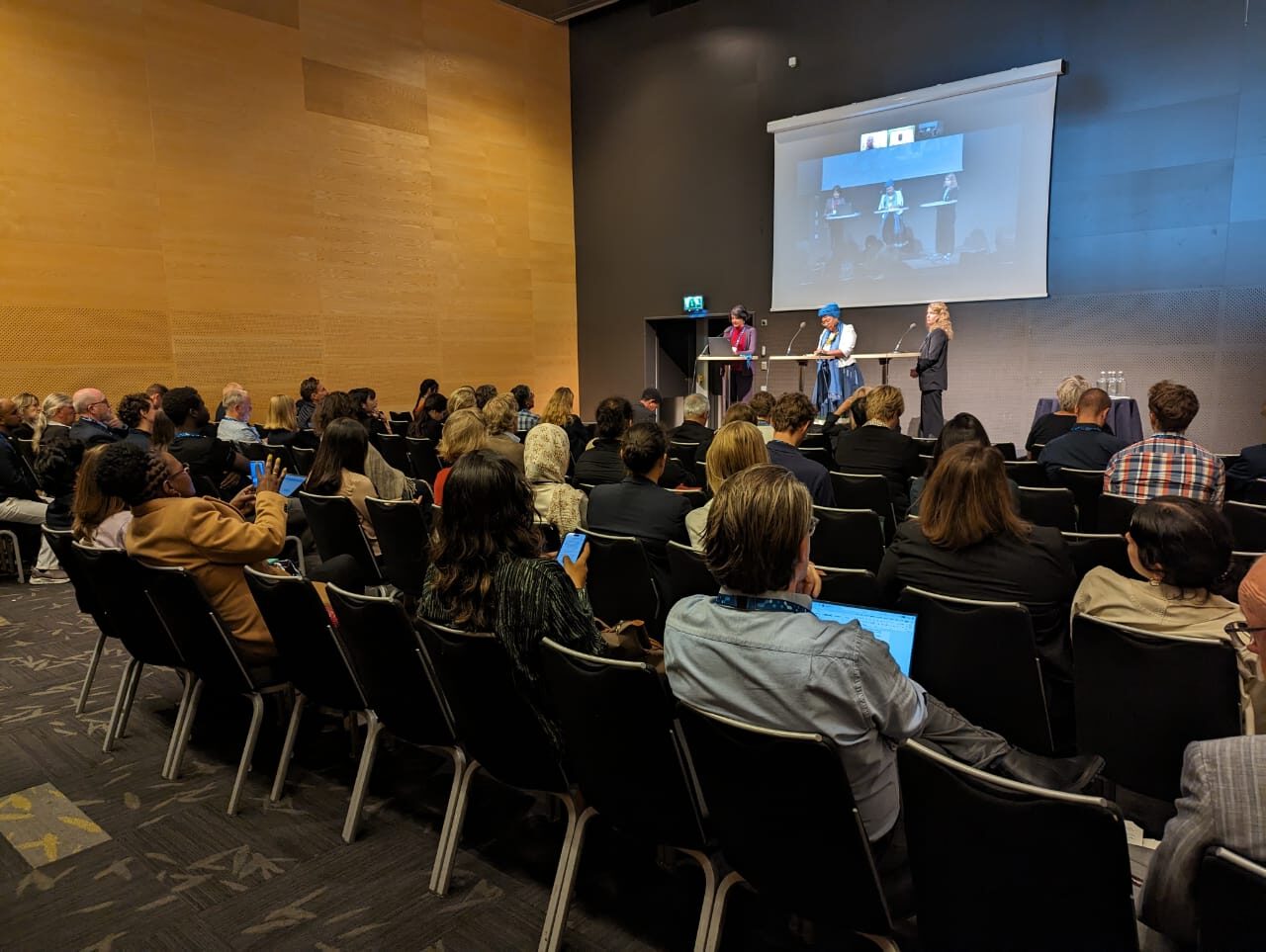Rural Water and Sanitation in India: Emerging Challenges and Livelihood Opportunities
The team at Water, Environment, Land and Livelihoods (WELL) Labs has carried out a review of secondary literature, including government reports and policies, and academic research; carried out limited fieldwork; and conducted interviews and listening circles with relevant stakeholders to understand the key issues in rural water and sanitation in the sector.
Over the past decade, there has been a major push towards building infrastructure for rural water and sanitation in India. The coverage of piped water supply, in particular, has increased rapidly. This infrastructure is planned to be supported by new cadres of frontline workers who contribute to better water and sanitation outcomes for rural communities, while earning a livelihood for themselves. This report explores how the livelihoods of these personnel can be improved while strengthening water and sanitation systems in rural India.
We identified four major emerging challenges in the sector.
These are operations and maintenance (O&M) of rural water supply, source sustainability, water quality, and greywater management. For each of these challenges, we explored how policymakers planned to tackle them, whether these plans appear to be functional on the ground or not, and what the key issues are that need to be dealt with. These are complex and large areas of discussion, which is why we further bound our analysis with a focus on the frontline workers in the sector – how do we increase the number of opportunities available and improve the quality of their livelihoods and dignity of labour.
Fill these details to access the publication
Acknowledgements
Vivek Singh Grewal led the report planning and compilation, with inputs from Dr Veena Srinivasan, Jacob John, Mukta Deodhar, Srushti Paranjpe, and Ishita Jalan.
Partik Kumar, Manjunatha G, and Lakshmi Pranuti Choppakatla coordinated the consultations and interviews. Kaavya Kumar edited and formatted the report.
We thank Jacob John for his guidance, reviews, and edits.
We are grateful to the The/Nudge Institute for this opportunity, their insights, and their continued support.
The report is hosted on The/Nudge Institute website.
If you would like to collaborate with us outside this project, write to us. We would love to hear from you.
Follow us and stay updated about our work:

